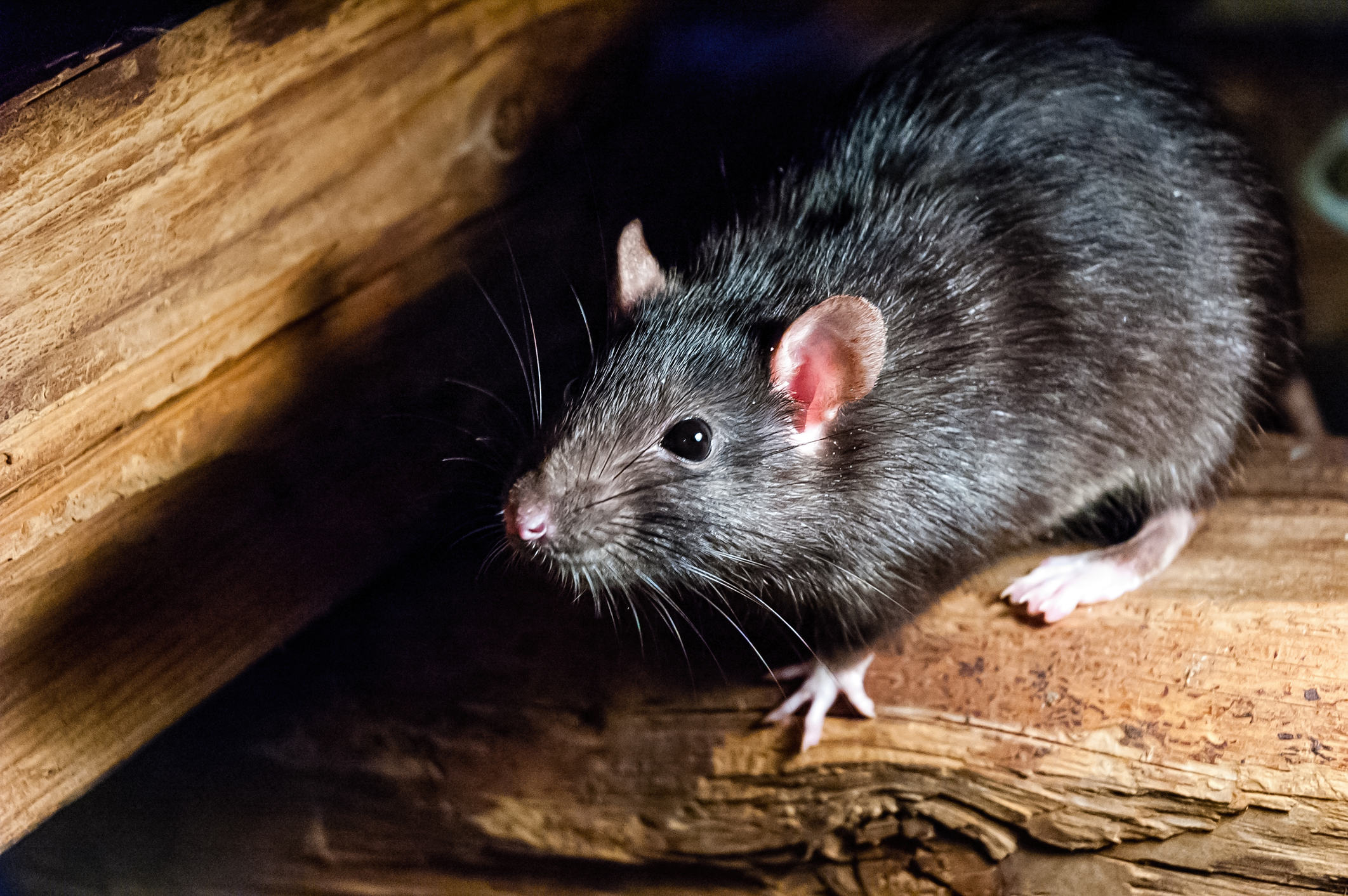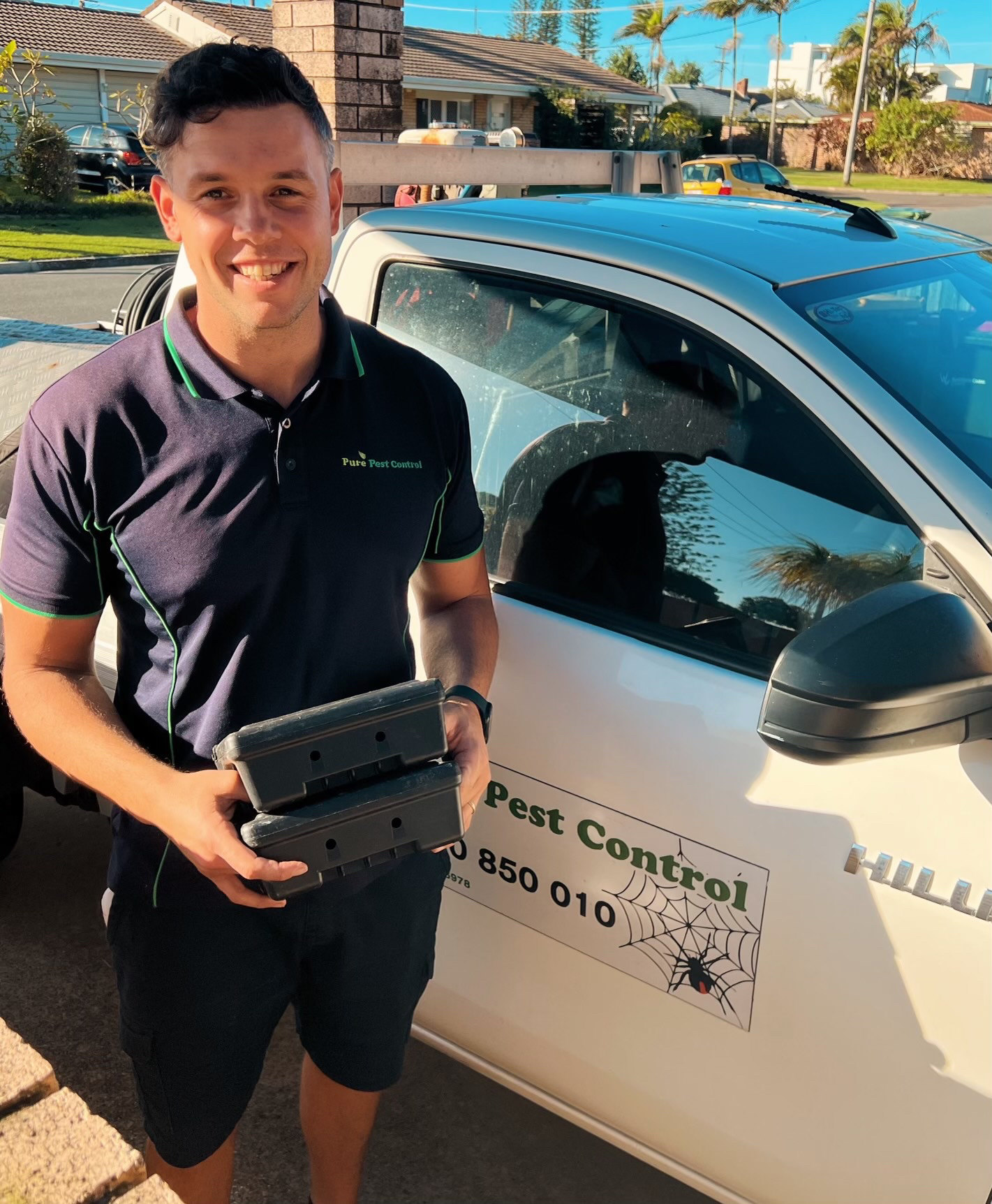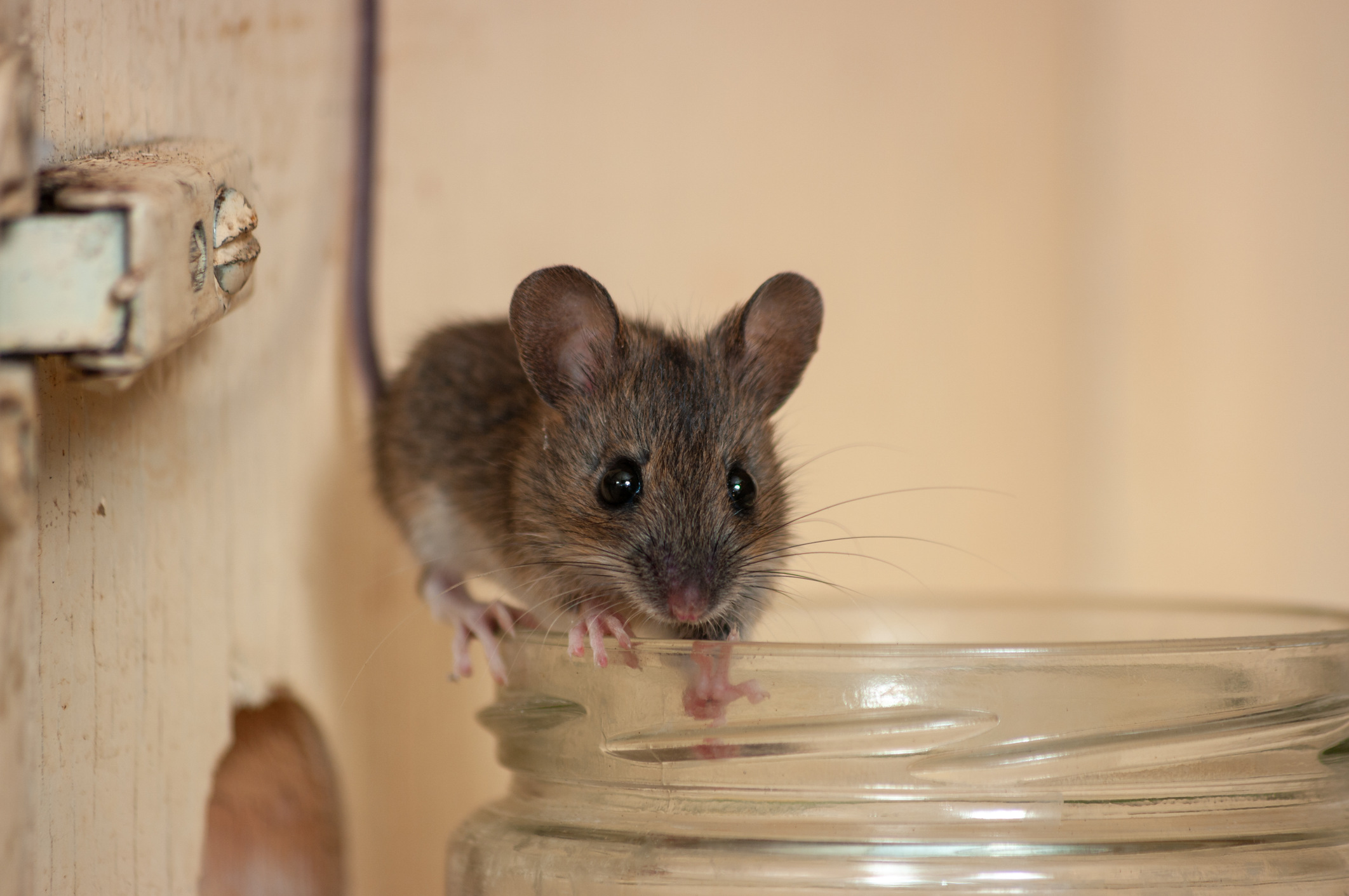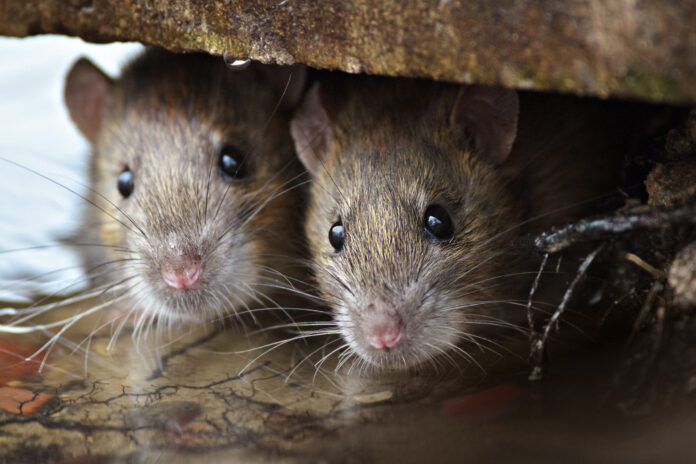An influx of rodents is expected to scamper and gnaw their way into homes in coming weeks.
Milder than usual conditions on the Sunshine Coast have kept the pests at bay in recent months, but they’re expected to make their way into residences soon enough.
Buddina-based Pure Pest Control manager Scott Kastambolidis said the unnerving creatures would become more prominent.
“We (will) definitely see a big influx of rats and mice in winter, when it’s cold,” he said.
“They go up into roofs for warmth.”
Mr Kastambolidis expected callouts to manage rodents to increase by 40 per cent to 50 per cent.
“I’m stocking up on bait stations and baits because it (the middle of winter) is when they’re more active,” he said.
“It hasn’t been that cold yet, with (maximum) temperatures of 23 and 24 during the day, but I think by the end of this week it will drop to about 21, and we could get an increase of rodents during the next few weeks.
“Once we go into the lower 20s we will start getting more, for sure, and as we get deeper into winter, we should see an increase.”
The minimum temperature this week is set to dive below 10 degrees.

Mr Kastambolidis said it was difficult to stop the vermin from getting into homes.
“It’s hard because a rat can get into gaps that are only as wide as your thumb and mice can get into gaps just as wide as your pinky,” he said.
“They can get on to your roof from overhanging trees and they can gnaw at stuff (including soft metal, cracks and wood) if they really want to get into your roof.”
He said residents could take some precautions to make their house less inviting for rodents.
“You can see if there are any little openings that can be easily fixed, make sure you clean up when your dog has finished eating and pick up any food scraps,” he said.
“You should put your dog biscuits in a container instead of a bag, because they (rodents) will gnaw at the bottom of the bag and slowly take the biscuits out.
“But sometimes it’s inevitable … you can still get rats.
“Some people need to get (assistance) every winter.”
Rodents can cause some serious damage around homes.

“I did a job the other day where a rat had gnawed a water pipe in a roof and created a leaking roof, which had to be repaired,” he said.
“And they can chew through wiring. That’s probably the biggest costing.
“I had a job where they had chewed through the wiring of a ducted air conditioner.”
Mr Kastambolidis said people can try and get rid of rodents themselves or call a pest controller.
“You can go to Bunnings and get a bait station and put baits in it and put it in the roof,” he said.
“You don’t need to get deep in the roof. The rats should find the baits, because of the scent.
“But if you’re not winning at that, then you can get a pest controller, who has better baits, and they can suss out the whole perimeter to see if there is anything else going on.”
While rodents are commonly found in roofs, Mr Kastambolidis said they could be found anywhere in a house.
“They can be in kitchen drawers, underneath a kickboard or behind a fridge. You get random ones like that,” he said.
He said residents should know when they have rodents in their house.
“They’re pretty noisy in the roof and you should hear them in the late afternoon, overnight and in the early morning,” he said.
He said rodents sometimes just visited, and other times they nested.
“Sometimes, they come in and have a little scurry around in the roof and stay warm for a bit and then scurry back out in the day,” he said.
“Other times they build a nest. You’ll know if you go into the roof and see them and there is a potent urine smell where they have been nesting.
“Sometimes there is just one or two and other times there are many.”

He said some areas of the Sunshine Coast were more frequented by rodents.
“They tend to be in homes that back on to bushland and foliage, like at Eudlo and the Glass House Mountains,” he said.
Meanwhile, Warana-based Little Critters Pest Control said rodents posed a health threat to people and pets.
“They can cause damage to property, contaminate food and spread diseases,” the business said via a blog.
“Rodents can carry and spread various diseases such as hantavirus, leptospirosis and salmonellosis (food poisoning).
“They can also be carriers of fleas, mites and ticks, which can transmit further diseases like Lyme disease and typhus fever.
“Additionally, their droppings, urine and saliva can aggravate allergies and asthma in some individuals.”
Little Critters said a common sign of rodent infestations was visible droppings, which are small, dark and pellet-shaped.
They also warned the creatures would be more active soon.
“Rats and mice tend to be more active in colder months, as they seek warm and comfortable nesting sites to get through the winter period,” they said.
Local journalists supporting local people. Help keep independent and fair Sunshine Coast news coming by subscribing to our FREE daily news feed. All it requires is your name and email at the bottom of this article.





